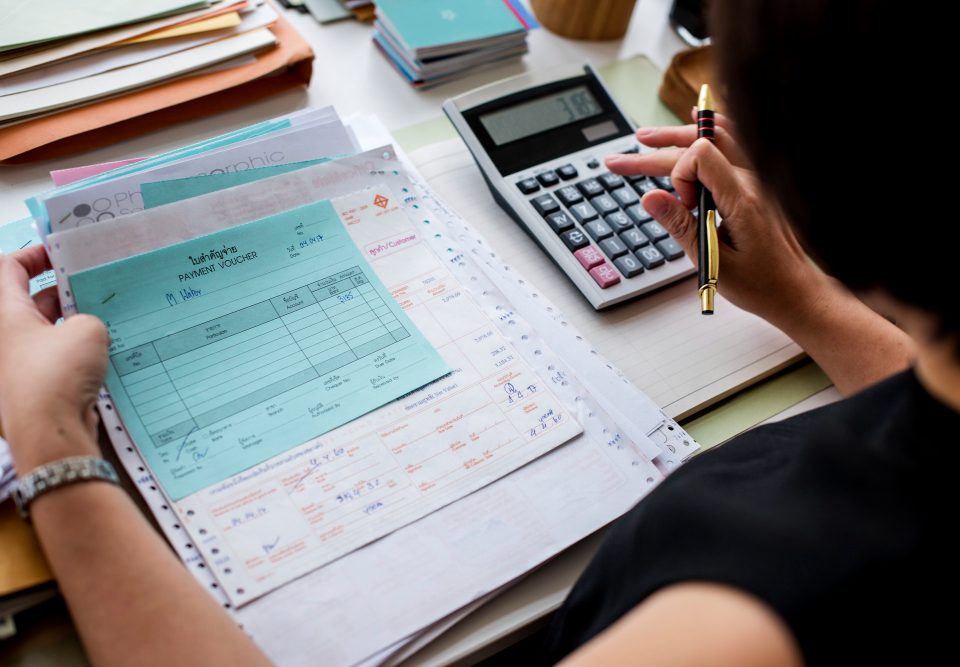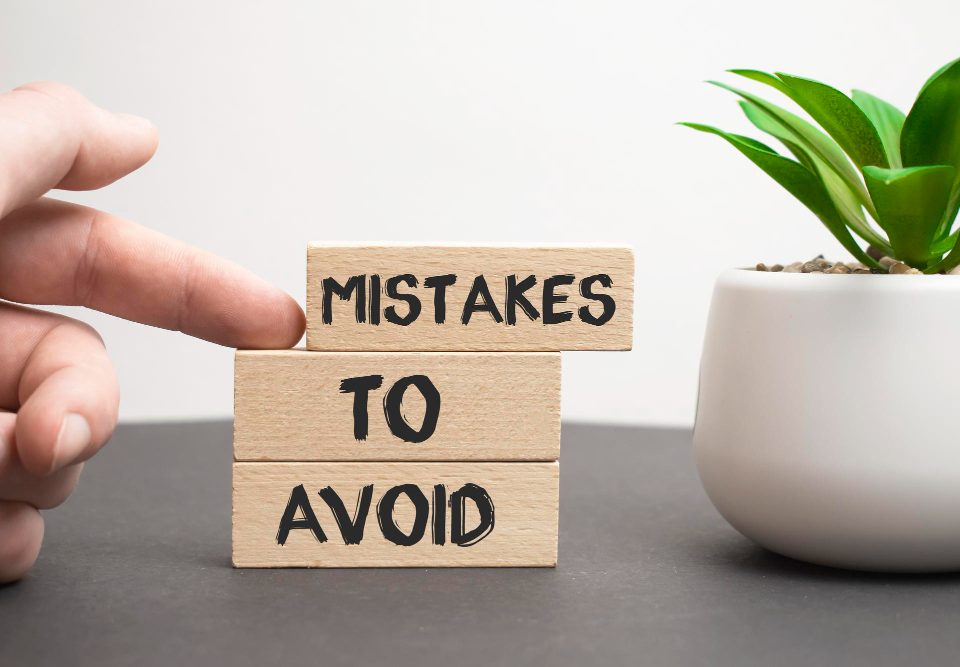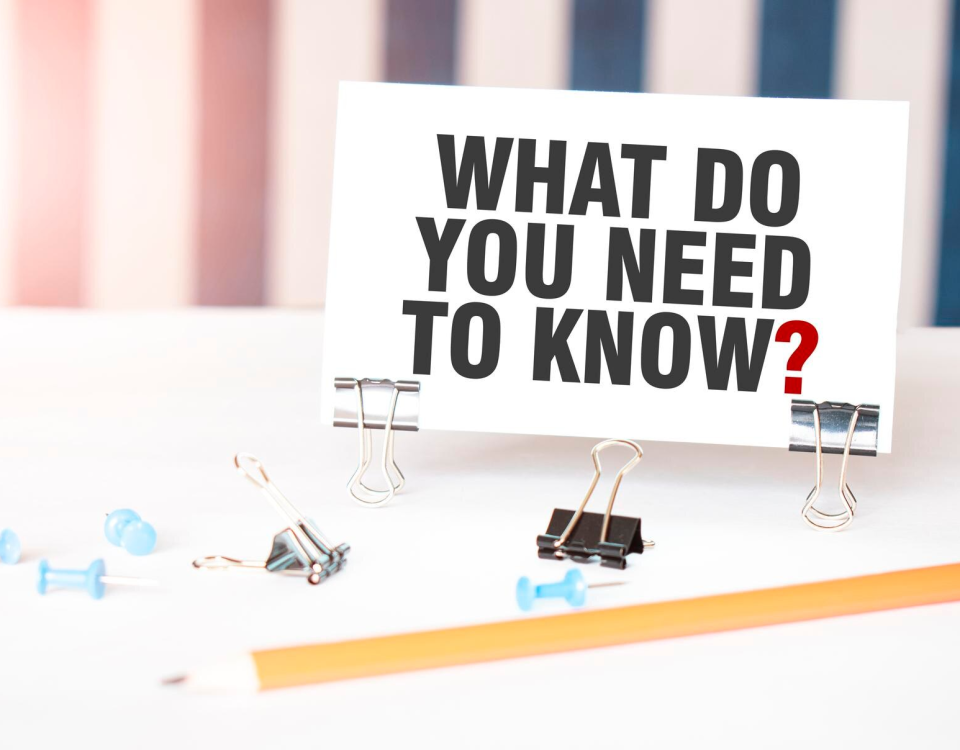Do you run a side hustle or are you thinking of starting one up? Whether it’s driving for a taxi company, selling your handmade crafts on Etsy, or completing some graphic design services on a freelance basis, upcoming changes to income thresholds could have a significant impact on you.
What’s going to be different? The announced changes to thresholds will mean that fewer people will have to file self-assessment tax returns.
What’s Changing?
Currently, the reporting threshold for trading income is set as £1,000, however, this is being increased to £3,000 in the not-too-distant future. That means individuals with side hustle incomes of up to £3,000 will no longer be required to file a full self-assessment tax return. This is a huge win for those with small businesses and side hustle who have, up until now, been overwhelmed with the process of filing a tax return. With this change, there will be less paperwork to worry about and more time to focus on growing your business instead.
While it’s good news for many, it’s important to remember that it only applies to certain income brackets and so you still might be looking at reporting obligations, depending on how much your side hustle actually earns.
Who Will Benefit from the Changes?
This threshold increase is thought to benefit around 300,000 people with side-hustles, many of whom currently have to report their income through self-assessment, however, don’t have to pay any tax. The move to a higher threshold should eliminate the need for unnecessary paperwork and processes for those supplementing their income with side hustles.
Here are some examples of people who may benefit from this increase in threshold:
- Gig economy workers: Uber drivers, Deliveroo riders, and Airbnb hosts.
- Online sellers: Those using platforms like eBay, Etsy, Vinted, or Depop to sell goods.
- Freelancers: Writers, designers, marketers, photographers, and consultants offering their services.
- Creators: YouTubers, bloggers, or influencers monetizing their content through platforms like TikTok or Instagram.
- Micro-business owners: Those running small businesses like pet-sitting, tutoring, house cleaning, etc.
If you’re someone who has struggled with the complexity of managing side hustle tax obligations, these changes could make things significantly easier. For one, you’ll no longer have to worry about filling out complicated tax forms for income that doesn’t exceed thresholds.

What Does This Mean for Your Tax Reporting?
For anyone making money from a side hustle, it’s crucial to understand how these new thresholds impact your tax filing requirements.
The £1,000 Trading Allowance
The £1,000 trading allowance is still in place. If your total side hustle income is £1,000 or less over the course of the tax year (6th April to 5th April), you won’t need to report it to HMRC. This is great news for those who make just a bit of extra money but don’t want to get bogged down by the tax paperwork.
Income Between £1,000 and £3,000
If your side hustle income falls between £1,000 and £3,000, you’ll still need to report it, but you won’t have to complete a full self-assessment tax return. Instead, you can use a much simpler system that will allow you to report the income online, and if you’re already employed, your tax code will be adjusted to account for any tax you owe. This greatly reduces the administrative burden on side hustlers and makes the whole tax process simpler.
Earnings Over £3,000
If you earn more than £3,000 from your side hustle, you’ll still be required to submit a full self-assessment tax return. In this case, it’s important to keep detailed records of all your income and expenses to ensure you’re only paying tax on the net amount after allowable expenses. You may also want to consult with a tax advisor to ensure you’re claiming all potential tax relief and deductions.
When Will These Changes Take Effect?
The changes are expected to be implemented sometime within this parliamentary term, meaning they could go into effect as early as during the 2025/2026 tax year, but potentially as late as 2029.
While this provides some time for individuals to prepare, it’s a good idea to stay informed and begin adjusting your record-keeping practices accordingly. If you’re unsure of how these changes will affect you, it’s always a good idea to consult a tax professional for more personalized guidance.
Keeping on top of side hustle tax
Even though these changes are still being rolled out, there are a few things you can do today to prepare:
- Keep Accurate Records: Make sure you’re maintaining clear records of your side hustle income and any related expenses. This will help you stay organised and reduce any surprises when tax season arrives.
- Track Your Earnings: If you’re close to exceeding the £1,000 or £3,000 thresholds, it’s crucial to keep track of your earnings to ensure you know exactly where you stand when it comes time to report.
- Consider Consulting a Tax Professional: While these changes simplify tax filing for many side hustlers, it can still be complicated, especially if you’re unsure about how to categorise your income or claim allowable expenses. A tax professional can provide valuable advice and help you navigate the process.
- Stay Updated: Since the implementation of these changes may take time, stay tuned for further updates from HMRC or your local tax authority to ensure you’re in the loop. The government will likely release more guidance on how to transition to this new system.

A Simpler Way to Manage Side Hustle Tax
The recent tax changes are a positive step forward for those with side hustles across the UK. By raising the reporting threshold and reducing the need for a full self-assessment return for many, the government has made it easier for individuals to manage their side income without the stress of complex tax filings.
As these changes come into effect, it’s important to understand how they impact your specific situation and ensure that you’re taking the necessary steps to comply with any new tax requirements. If you’re in the lower earning bracket, this change could significantly simplify your tax obligations, allowing you to focus more on growing your side hustle rather than worrying about taxes.
Remember – staying organised, keeping good records, and seeking professional advice if necessary will help you make the most of these changes.
Need help figuring out if and how you’ll be affected? Get in touch with us today and we’ll be happy to discuss!










